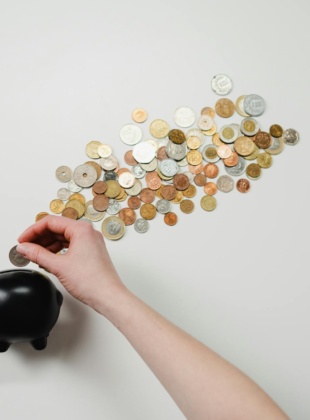Only half of UK adults acknowledge that stress negatively impacts their mental health
For Mental Health Awareness week, Opinium asked Brits their opinions around stress, as well as the impact of social media on mental health.
Stress is common amongst the British population, with 44% of Brits admitting that they feel stressed on a regular basis (at least once a week). Sadly, only two thirds agree that they would have someone to turn to if they thought that stress was negatively impacting their mental well-being. Astonishingly, one in five (19%) agree that they feel as though stress is something they should keep to themselves, this rises to 24% amongst those who feel stressed on a regular basis.
Only 51% agree that stress negatively impacts their mental health, which highlights the need for education around the relationship between stress and mental health. With this in mind, many think that employers need to step up and acknowledge the effect of stress on their employees, with 79% agreeing that employers should take workplace stress more seriously, as it can adversely affect their mental health.
Other key findings from the study:
- t
- Half (48%) agree that social media can cause them stress and subsequently have an adverse effect on their mental health.†However, one fifth (20%) refuse to acknowledge the relationship between social media and mental health
- Over a third (69%) of parents agree that social media has a negative impact on children?s mental wellbeing
- A further 82% of parents acknowledge that social media can cause stress to children and young people and that their self-esteem is too influenced by social media activity (82%)
- 13% of parents of teenagers would not be comfortable discussing the impact of stress on mental wellbeing with their child, with reference to their child?s mental health; with dad?s being less comfortable than mum?s
t
t
t
Finally, when it comes to dealing with stress, 22% say that they turn to alcohol to de-stress, however many have healthier coping mechanisms, including self-care, spending time outdoors and exercising.




